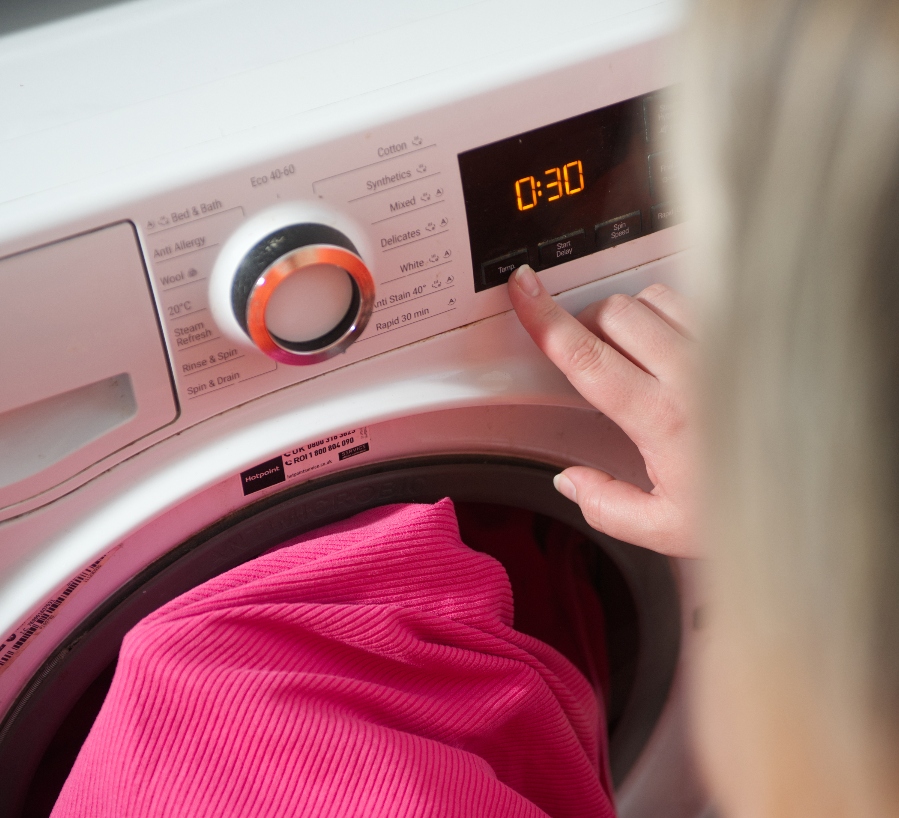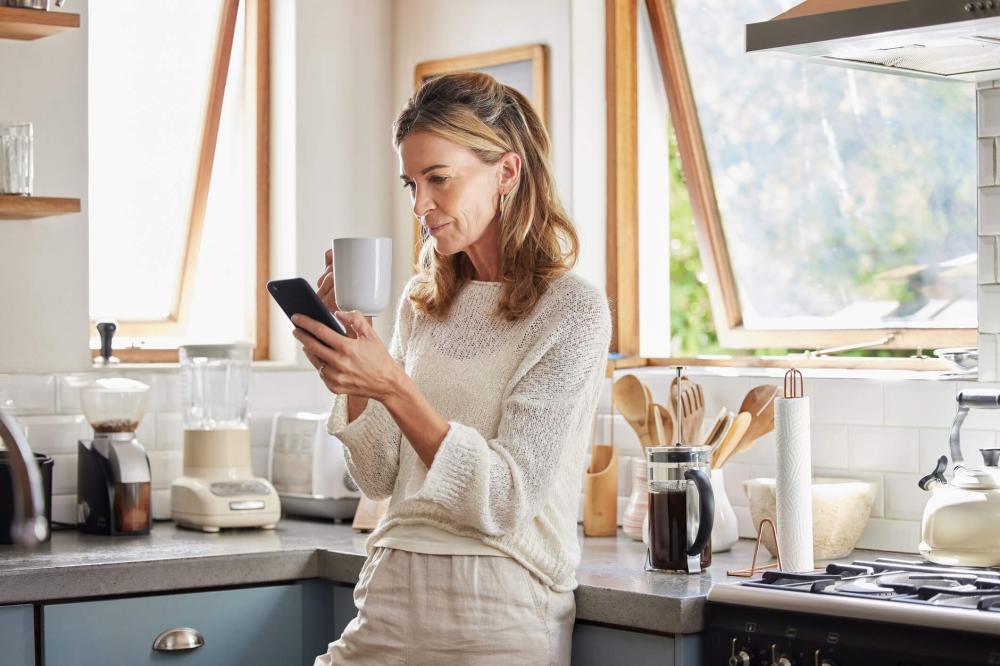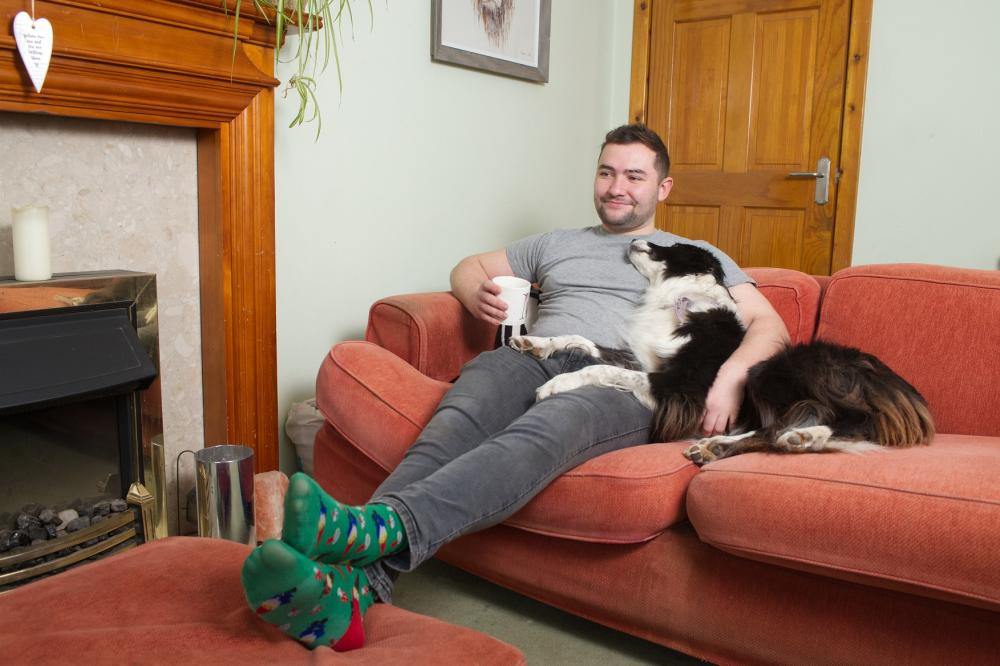Easy ways to save energy
Don't worry, not all energy saving measures are expensive and time consuming. You can start saving money with some practical quick wins that will help you cut energy use.
Call us on: 0808 808 2282
Don't worry, not all energy saving measures are expensive and time consuming. You can start saving money with some practical quick wins that will help you cut energy use.

There are lots of quick, easy and inexpensive ways you can cut your energy use and save money. We share our top quick wins below.
We know that bills can be confusing. Watch our video about how to understand your energy bills to find out how to read your energy bill, make sure you’re paying the correct amount, and to see if you’re on the cheapest available tariff.
We've also put together some helpful info about changes to the energy price cap, which sets the maximum amount that suppliers can charge for each unit of gas and electricity.
You can save energy and money by turning off appliances such as TVs and games consoles at the plug instead of leaving them on standby. You can switch off most appliances without disrupting their programming but if you’re not sure, check the manual.
If you wash your laundry at eco or 30 degrees when you can, you'll save money and carbon because less energy is used to heat the water. Always make up a full load to reduce the number of loads and the energy you use.
Tumble dryers are one of the most energy consuming home appliances. If you can, dry your clothes outside. If you can’t, dry clothes on racks inside a well-ventilated room. Using a dehumidifier is a great way to dry clothes indoors much more cheaply than a tumble dryer, and it will help combat condensation and damp too.
Do you really need the big light on if you’re using a lamp? Not using all the lights all the time and remembering to turn off the light when you leave a room will help to cut your bill. You could save even more by using low energy lightbulbs in each fixture too.
Spending less time in the shower saves money. Using a shower timer can help you do this. Switching off the water when you’re conditioning your hair or shaving can help to cut the time too. If everyone in your household does this, the savings really add up, especially if you have an electric shower.
When boiling a kettle, make sure you only boil enough for what you need. If you’re only making a cuppa, you can get kettles that have cup markers to help you fill it to the right level.
Only use the dishwasher when it’s full to reduce the number of times you run it. Don’t overfill it – you can find tips online about how to load it properly - and consider using the eco setting. You can let the items air dry at the end too.
According to the World Health Organisation, the lowest comfortable for most people is between 18 and 21 degrees. Some people might need it higher for health reasons. If you're feeling warm enough, try turning down the thermostat by just one degree to reduce the amount of energy you're using - you might not even notice the difference. Turn down radiators in rooms you’re not using and, if you’re out during the day, set your timer to match your routine. Read more about thermostats and heating controls.
Draught proofing – for example, fitting insulation strips around windows and doors to block unwanted gaps that let cold air come in and heat escape - is one of the cheapest and most effective ways to save energy and money. You can buy the materials required cheaply at most DIY shops, and it’s quick and easy to fit.
If you’d like advice on how to save energy at home, or are worried about your bills, we’re here to help. You can contact us free by phone, email or Whatsapp. All our advice is free and impartial.
Contact us
Did you know that you can get a free, personalised report on how you make your home more energy efficient?
Complete our home energy check to find out what energy efficient improvements might suit your home and suggested next steps based on the information you provide. You'll receive a free report to help you lower your energy bills and create a more comfortable home.
Find out more about the home energy check